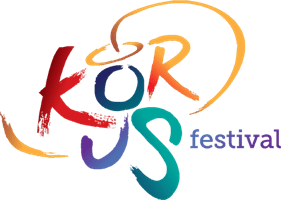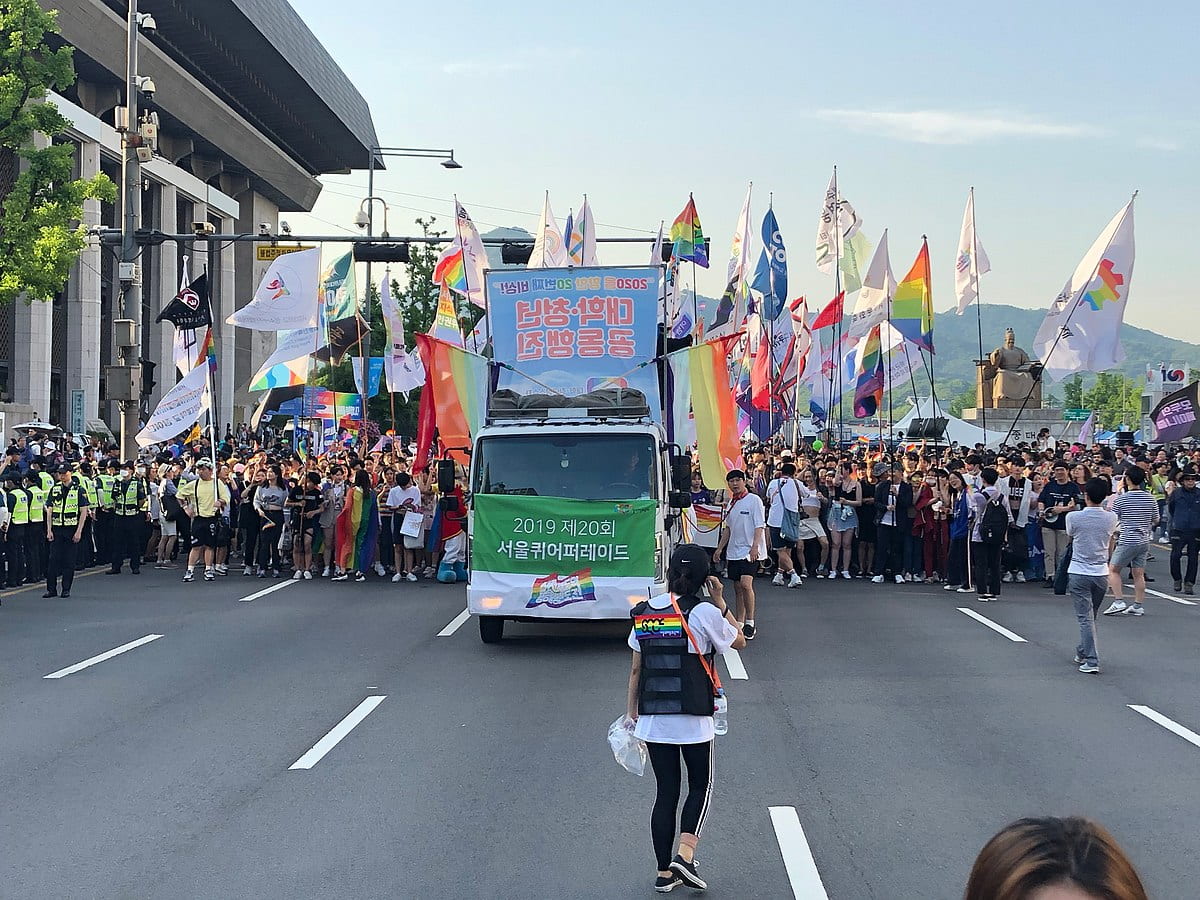Korea

Republic of Korea (South Korea) & Democratic People’s Republic of Korea (North Korea)
The following is a resource guide for educators, researchers, and students interested in learning about the Koreas. Please note that the resources gathered are not exhaustive, and we encourage readers to pursue additional resources. If you would like to suggest a resource, please send an email to gweanrc@gwu.edu.
Here are some basic facts about the Republic of Korea (As of January 2022):
- Capital: Seoul (서울특별시)
- Currency: Korean Republic won (₩)
- President: Moon Jae-in (19th)
- Government: Unitary presidential constitutional republic
- Official Language: Korean
- Population: 51,715,162 (July 2021 est.)
- Land Area: 96,920 sq km (slightly larger than Indiana)
- Population Density: 527 per Km2 (about 14 times larger than the United States)
- Writing Systems: Hangul (한글)
Learn more on the CIA World Factbook pages for North Korea and South Korea!
Overview
The Korean Peninsula, located in Northeast Asia, is bordered on the north by China and Russia and extends toward Japan to the southeast.
For over thousands of years, the Korean peninsula was divided into “Three Kingdoms” – Koguryo in the north, Paekche in the southwest, and Silla in the southeast. Silla defeated its rivals and unified most of the Korean peninsula in 668 CE. Korea reached close to its present boundaries during the Koryo Dynasty (918-1392), from which its Western name “Korea” is derived. The succeeding Choson Dynasty (1392-1910) further consolidated Korea’s national boundaries and distinctive cultural practices. The Japanese colonial period of Korea (1910-1945) deeply impacted Korean society on all levels, as up until that point, Korea was an independent civilization suddenly under the direct rule of a foreign power. Memories of the harsh colonial period are still relevant in modern Korean society. The surrender of Japan to the allies at the end of World War II resulted in a new and unexpected development on the Korean peninsula: the division of Korea into two separate states, one in the North (the Democratic People’s Republic of Korea) and one in the South (the Republic of Korea). The emerging Cold War between the United States and the Soviet Union in 1947, due to the political differences between Koreans of the two occupation zones and the policies of the occupation forces on the ground, led to a breakdown in negotiations over a unified government of Korea. The Korean War (1950-1953) broke out between North Korean (and eventually Chinese) forces and U.S.-led UN and South Korean forces, which left another significant impact on Korean society that tore apart families and further divided the peninsula that was unified for centuries before. An armistice was reached in 1953 that put a halt to the fighting, but with no peace treaty being reached, the Korean War has still not technically ended.
Since 1953, North and South Korea have evolved from a common cultural and historical base into two very different societies with radically dissimilar political and economic systems.
Technically still at war with North Korea, South Korea has a strict system of national military service. All able-bodied males are required to complete 21 months of national service in the army, 23 months in the navy or 24 months in the air force. There are also options to serve in the police force, coast guard, fire service and in some special cases government departments. North Korea is the country with the longest compulsory military service, 11 years for men and seven years for women.
North Korea has been heavily influenced by Soviet/Russian culture and politics as well as those of China. It has developed a self-styled politics of Juche (“self-reliance”) based on economic and political independence, having a highly centralized political system with a “Great Leader” from a single family lineage — Kim Il-sung (founder and Supreme Leader from 1948 – 1994), Kim Jong-il (from 1994 until his death in 2011), and now Kim Jong-un since then, and a command economy. North Korea developed into perhaps the most isolated and controlled of all communist states, and even 10 years after the collapse of the Soviet Union, showed little sign of political and economic liberalization despite severe economic hardship.
South Korea has been greatly influenced by the United States and, in a more subtle way, by Japan. The United States has maintained close political, military, and economic ties with South Korea since the Republic of Korea was founded in 1948. While South Korea’s democratic practices in the first few decades were often secondary to Cold War national security concerns, since the fall of its military dictatorship in the late 1980s democracy and democratic practices have been increasingly consolidated in the Republic of Korea. South Korea made impressive economic gains in the 1970s and 1980s and can be considered now among the world’s most developed industrial countries. South Korea recovered rapidly from the Asian financial crisis of 1997 and is currently the third-largest economy in Eastern Asia, after Japan and China.
References
“Korean History and Political Geography.” Asia Society, asiasociety.org/education/korean-history-and-political-geography.
“Overview.” World Bank, www.worldbank.org/en/country/korea/overview.
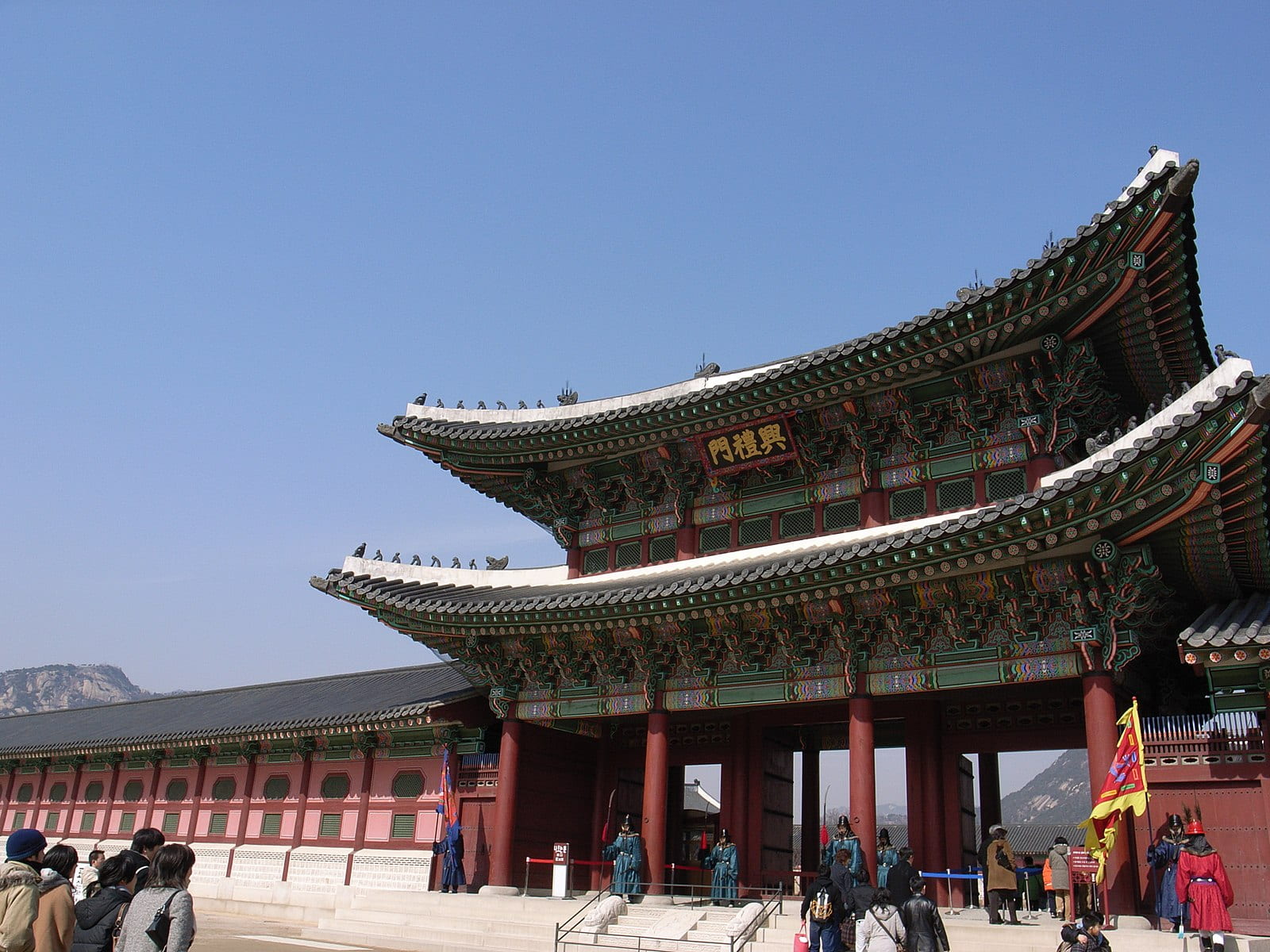
A historic neighborhood in the capital of Korea, Seoul.
景福宮, Seoul , Korea By y-yoshiike
For more information on Japan and related resources, please click the “Korea Resources PDF” button below.
K-12 Resources for Students & Teachers
Below are links to useful resources that could be found online. Please click the individual hyperlinks to find out more about these resources. For more information, please look through the Korea Resources (PDF) file.
History, Culture, Language, And Traditions
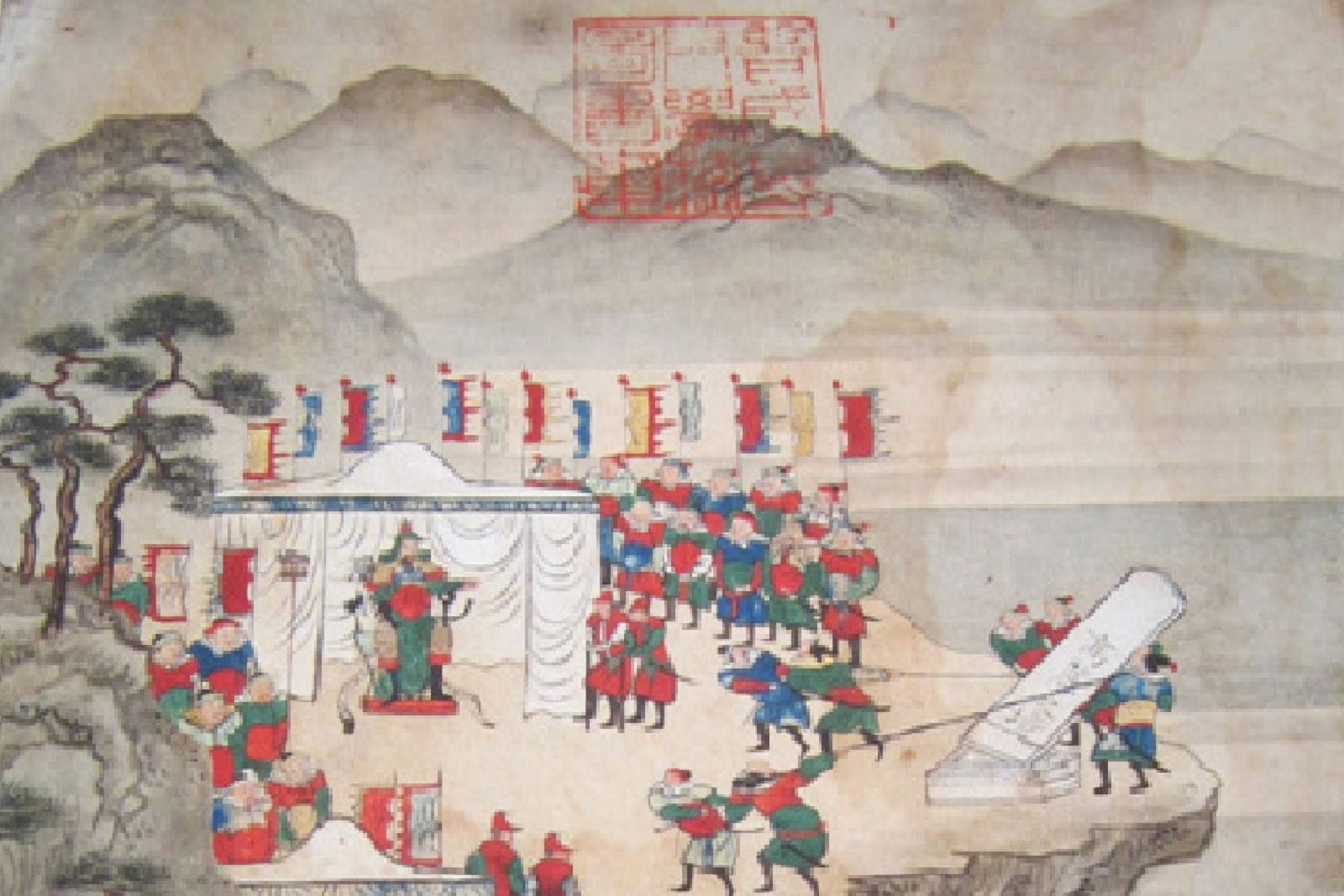
The Geography of the Koreas
The Geography of the Koreas is a geographic exploration of North and South Korea, including their locations, climates, production and how Korea perceives itself.

Heilbrunn Timeline of History
The Met’s Heilbrunn Timeline of Art History pairs essays and works of art with chronologies, telling the story of art and global culture through the Museum’s collection.
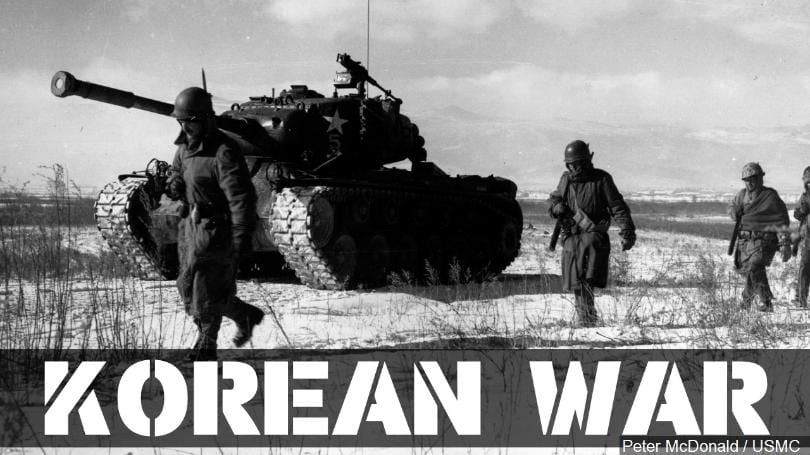
Examining the Korean War
Examining the Korean War provides instructional materials for teachers to expand on the particulars of Korean War.
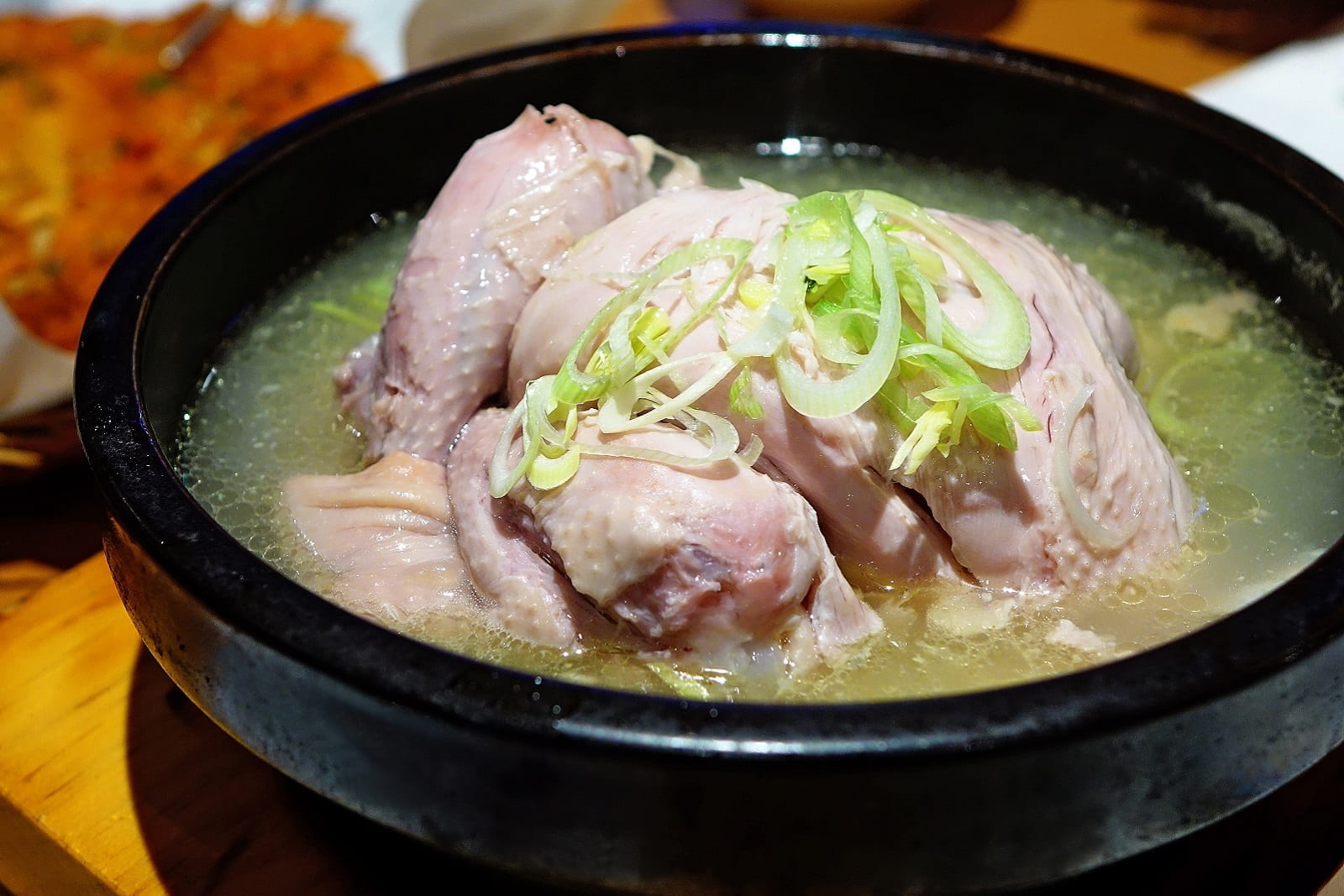
Korean Cuisine
Korean Cuisine covers traditional Korean foods, their preparation techniques and food etiquette. From the complex Korean royal court cuisine to regional specialties this page is a good foray into Korean dishes.
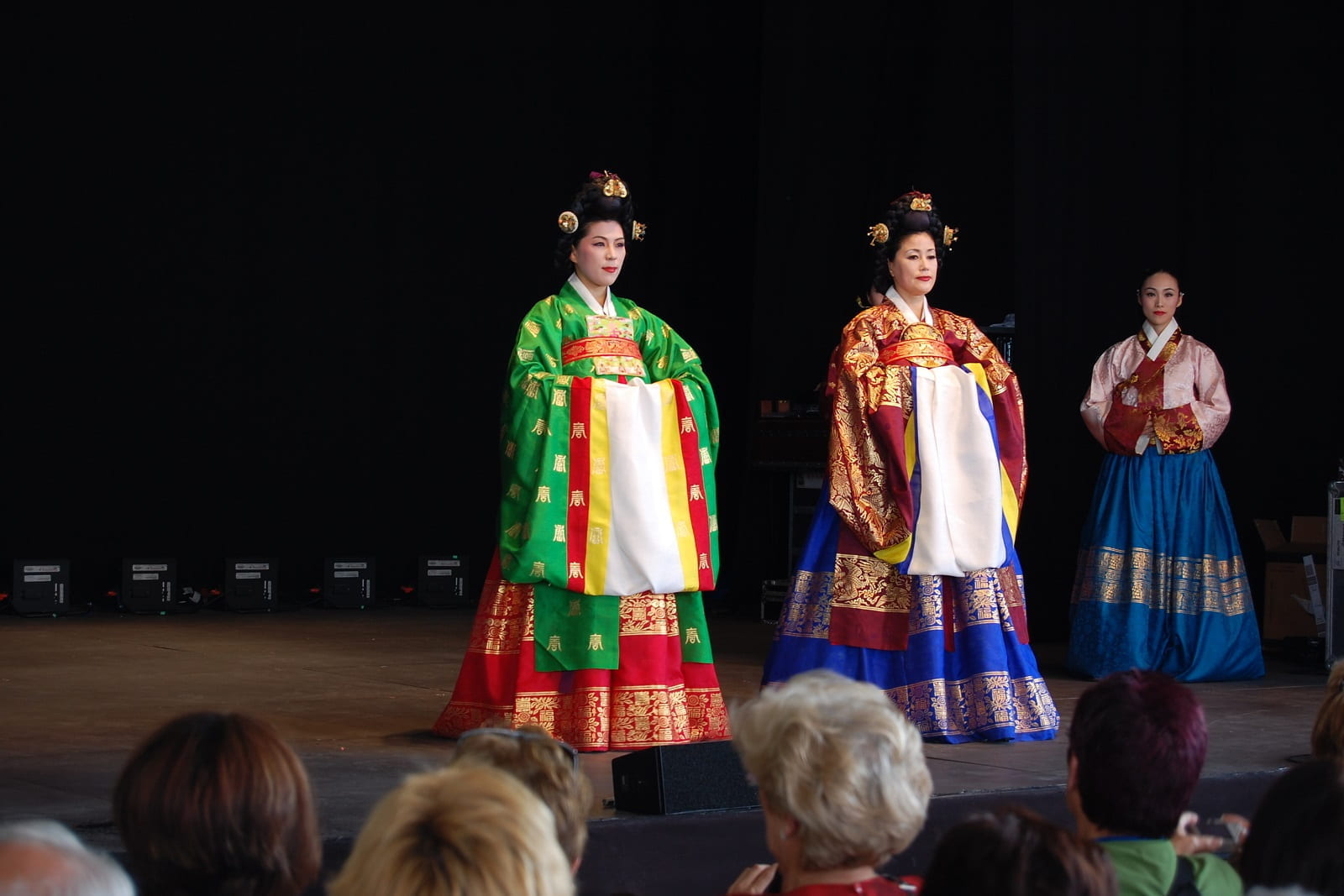
Korean Culture and Traditions
Korean Culture and Traditions provides detailed information on Korean language, traditions, religious systems, holidays and more.
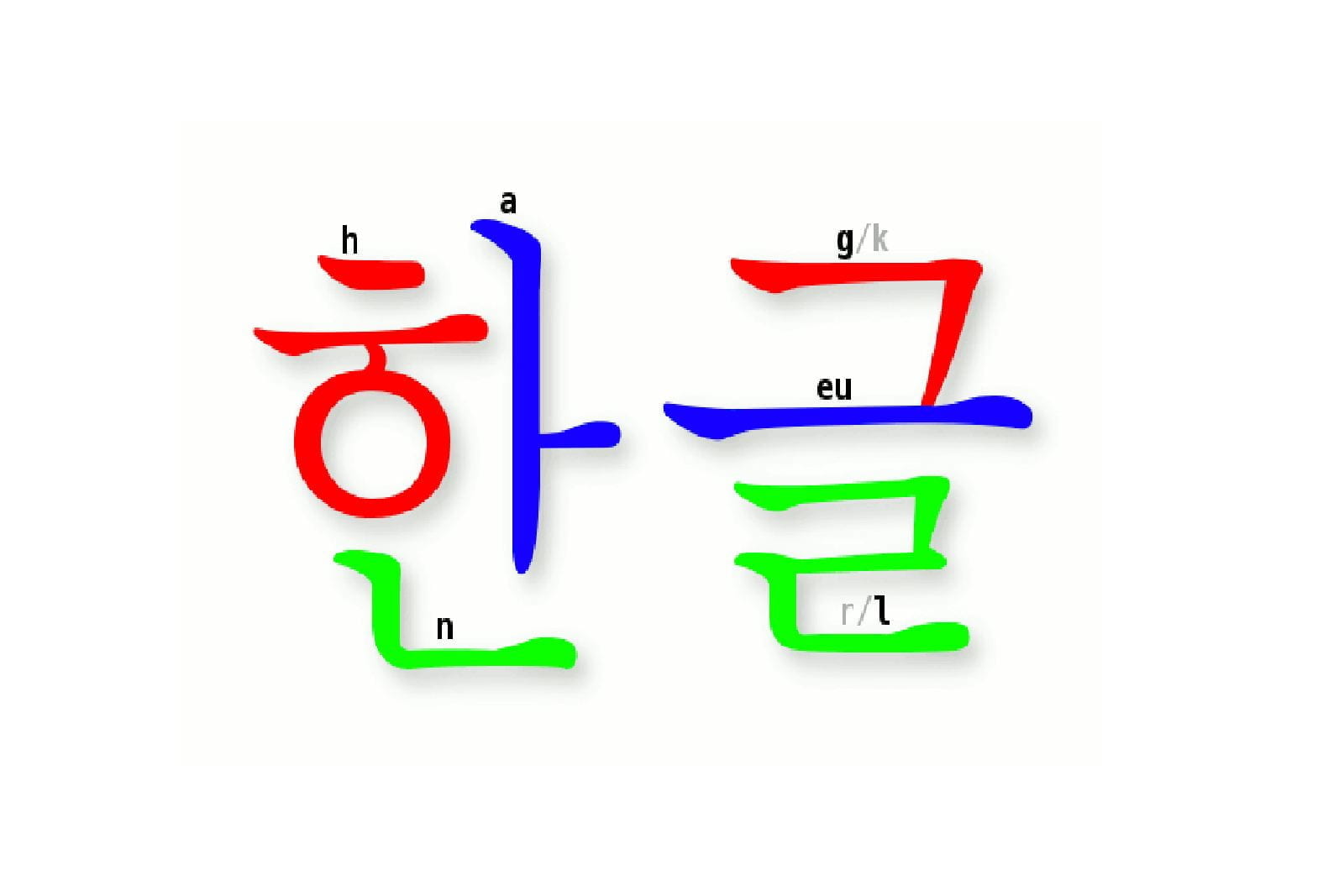
Korean Language
Korean Language provides a concise history of the Korean language and its dialects.
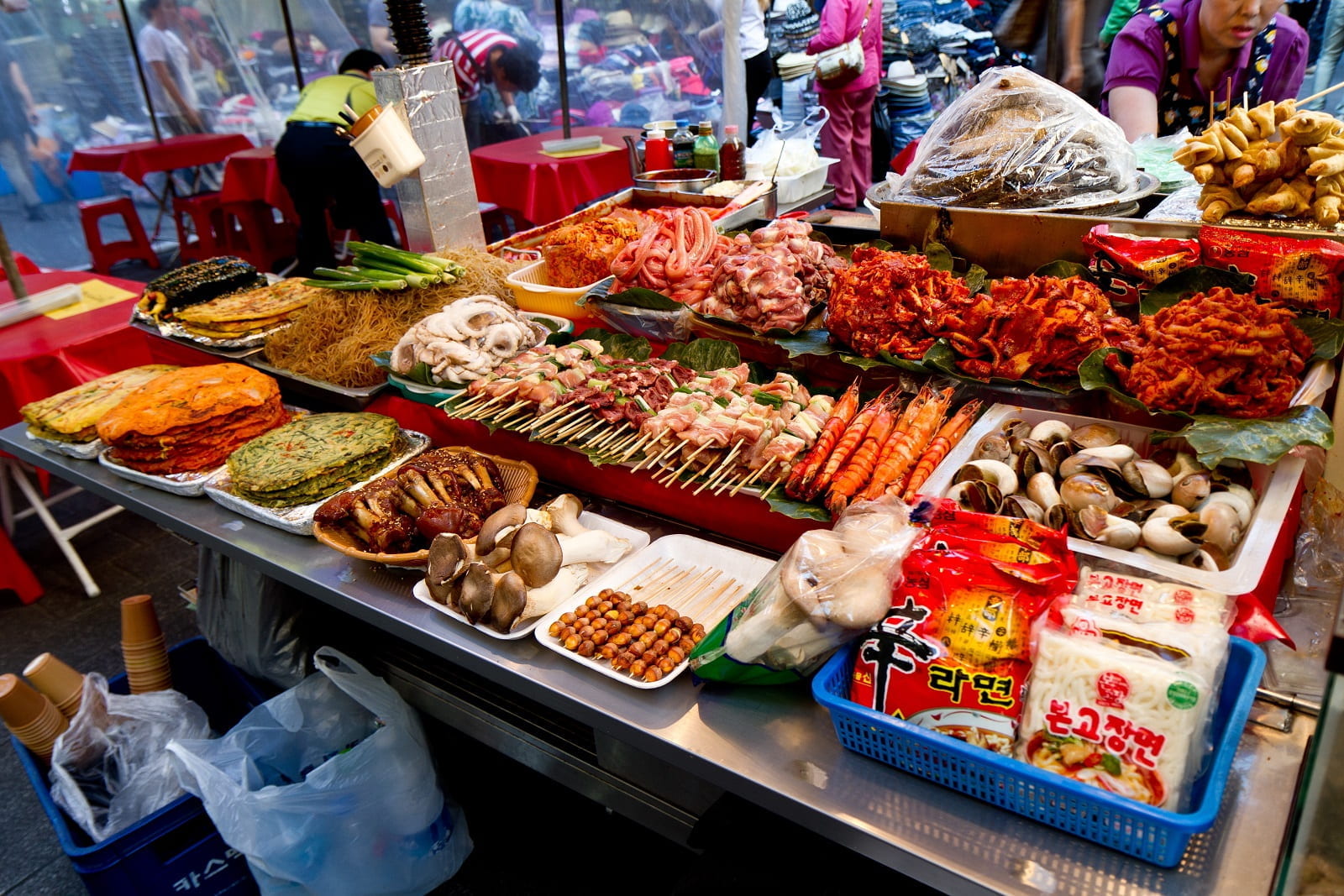
PBS: Hidden Korea
Hidden Korea is a nourishing introduction to the rich history of religion, culture, and food in Korea.

Education in South Korea
Education in South Korea offers an in-depth introdcution to Korea’s educational system, provided by the Asia Society.
POLITICS AND CONTEMPORARY TOPICS

Contemporary Korea
Contemporary Korea includes information on various contemporary issues such as K-pop, social media, politics, women, education, etc.

Women’s Role in Contemporary Korea
In traditional Korean society, women’s roles were confined to the home. This interesting resource dwells more into the lives of Korean women today.
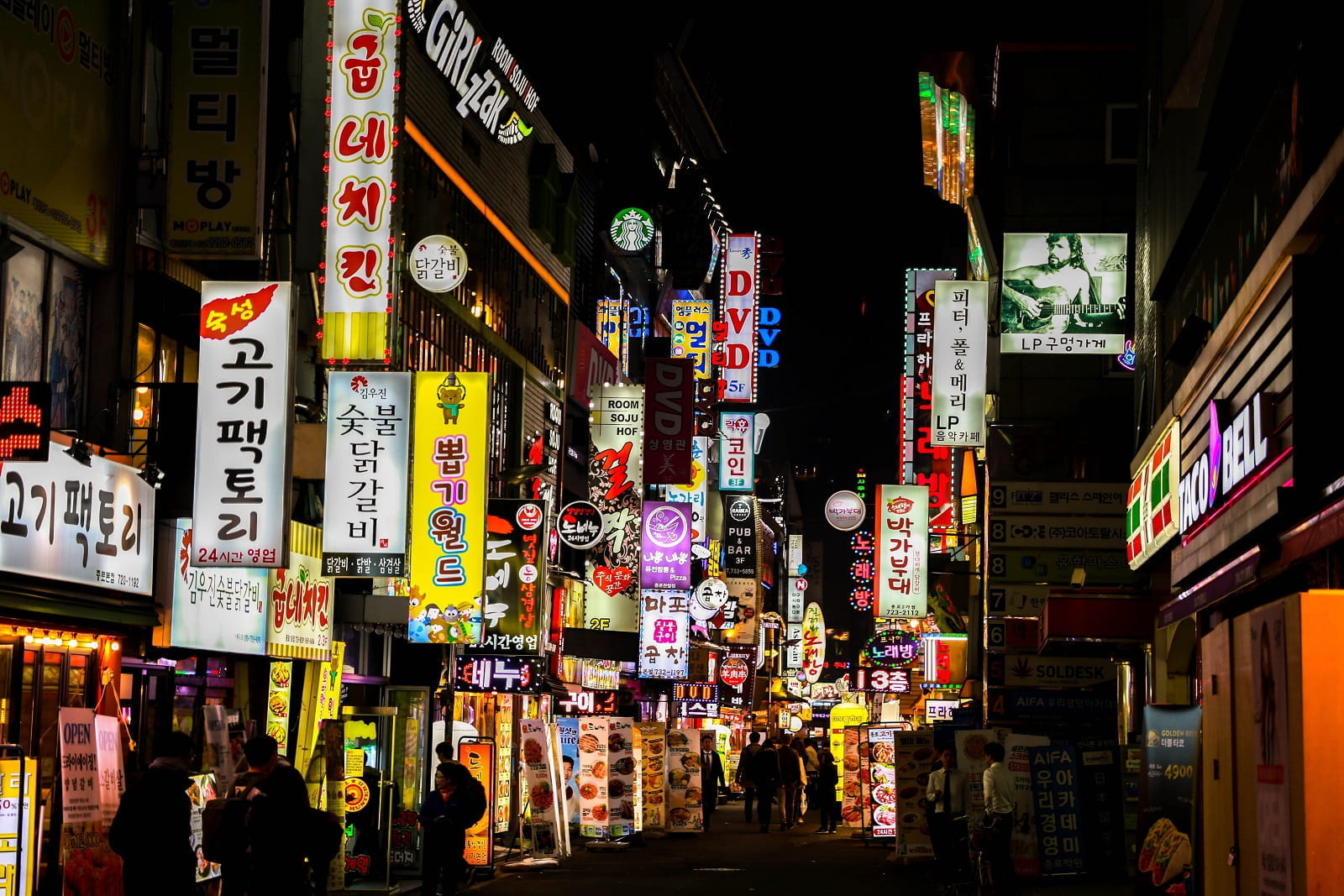
Contemporary Culture of South Korea
South Korea’s contemporary culture has been shaped by the passionate pursuit of modernization. Read on to learn more about how the Korean culture has changed.

Perspectives on Contemporary Korea
Perspectives on Contemporary Korea is a literature series on critical issues in contemporary Korean society including culture, politics, and economy. The series is sponsored by The Nam Center for Korean Studies at the University of Michigan.

Foreign Policy – South Korea
Foreign Policy collaborates with academic institutions globally — in and out of the classroom — to foster future leaders in foreign policy and promote greater engagement with international affairs.

Korea Chair – Center for Strategic & International Studies
Through nonpartisan, expert analysis of ongoing policy opportunities and security challenges facing the region, the CSIS Korea Chair promotes a greater understanding of relations between the United States, Korea, and Asia.
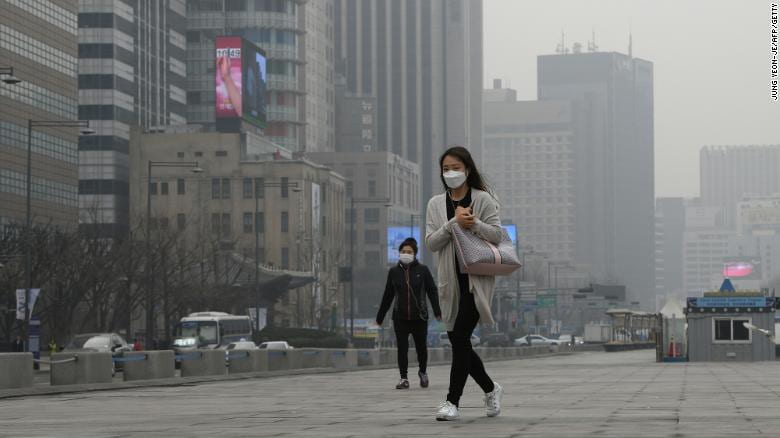
South Korea: Environmental Issues, Policies and Clean Technology
South Korea: Environmental Issues, Policies and Clean Technology explains South Korea’s environment-related matters. It covers the ecosystems of the Korean peninsula and numerous islands.
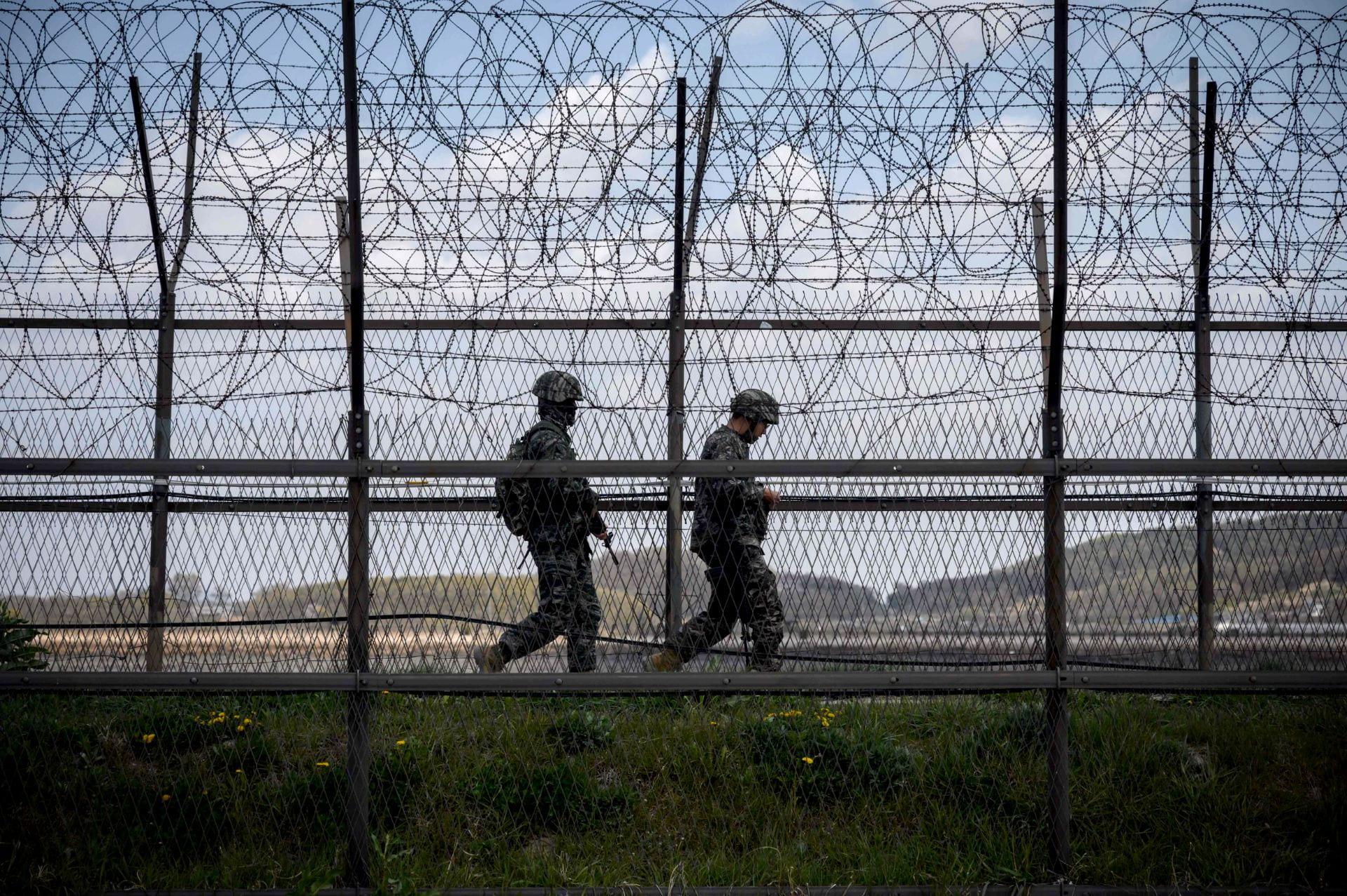
Inter-Korean Relations
This briefing paper by the The National Committee on North Korea is an extensive look at the history of the North-South Korean relationship since the division of the peninsula after WWII.
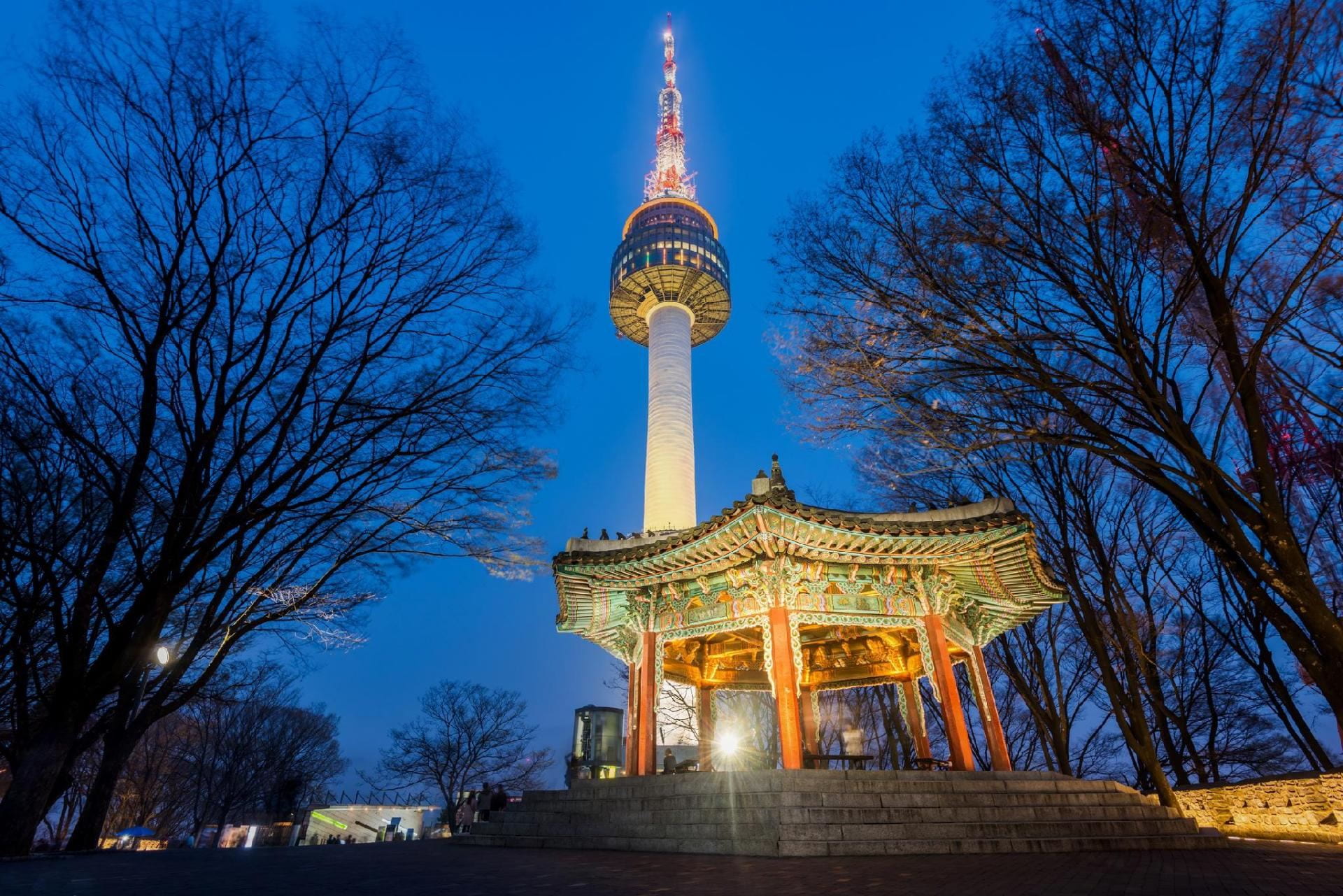
38 North
38 North is a website devoted to informed analysis of North Korea. The site’s main objective is to bring the best possible analysis to both seasoned North Korea watchers and general audiences alike.
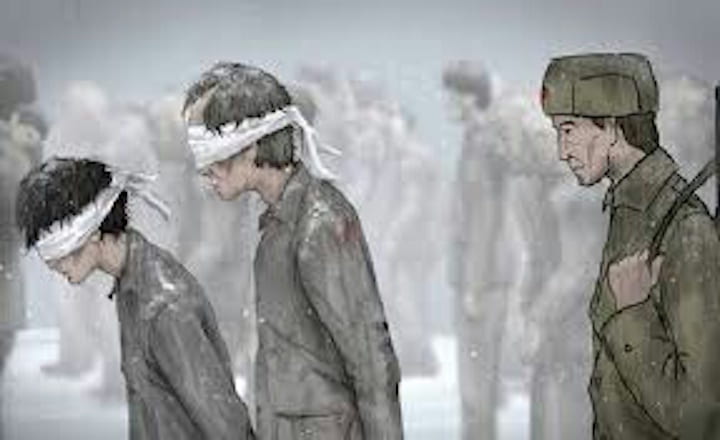
The Committee for Human Rights in North Korea (HRNK)
The Committee for Human Rights in North Korea works to promote human rights in North Korea. The Committee’s research and publication activities focus on how the North Korean regime abuses the rights of its citizens, its vast system of political prisons and labor camps, the regime’s denial of equal access to food and goods, and the plight of refugees fleeing to China.
NEWS, MAGAZINES, AND JOURNALS

The Korean Times
The Korea Times, is a must for those who want to read in-depth stories about Korea’s past, present and future issues. The daily publication is well-regarded for its stories on international business, economic and financial news. It is the oldest and most influential independent English-language daily in Korea.
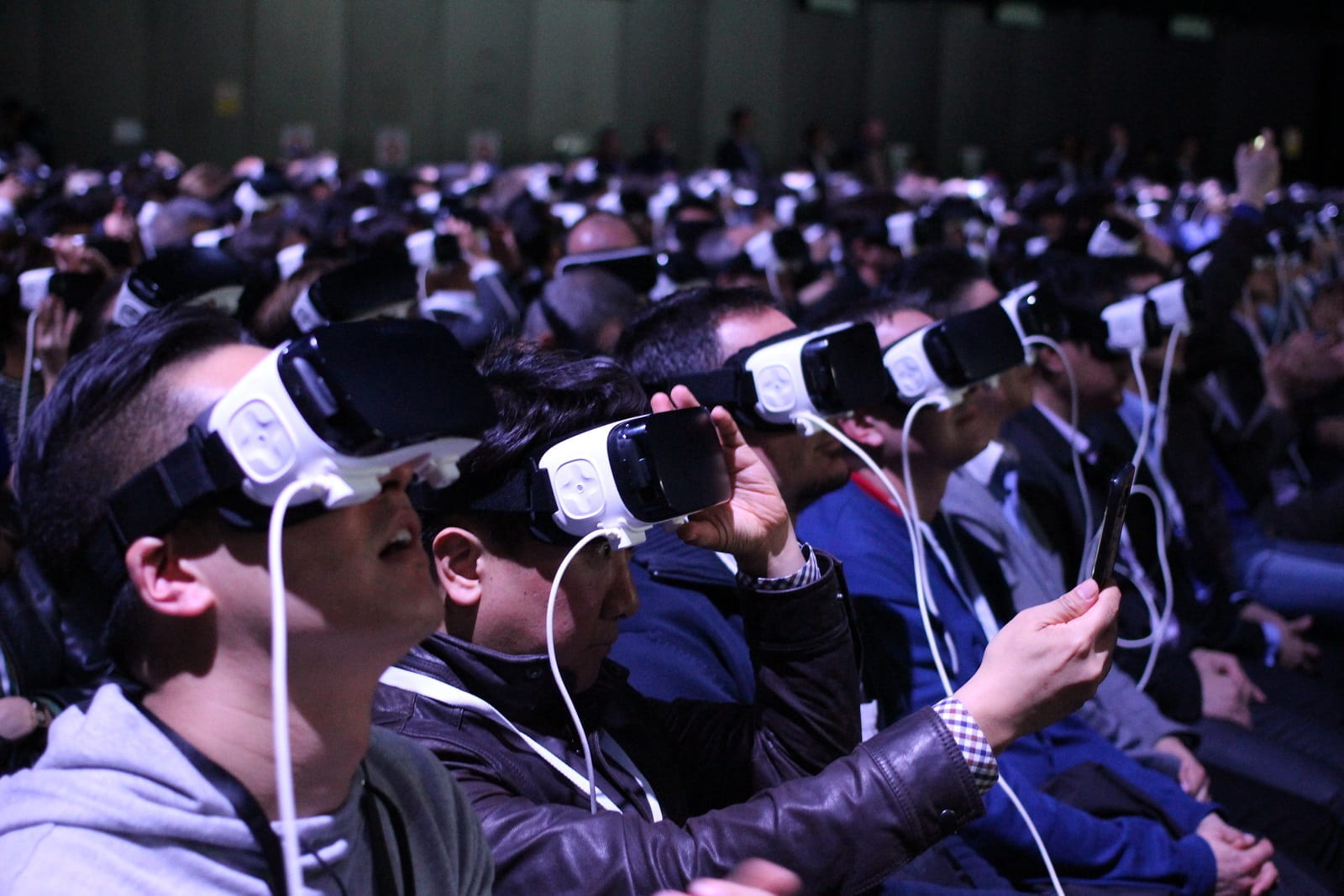
The Korea Herald
The Korea Herald is Korea’s largest English-language daily. As the country’s sole member of the Asia News Network, The Korea Herald is the face of Korean media. Its contents distribution network that spans more than 80 countries across the globe. It continues to grow through new services such as The Investor and the Kpop Herald.

The Chosun IIbo (English Version)
Since its first publication in 1920, The Chosun Ilbo has prided itself on a century of journalistic excellence. The publication covers everything from news on North Korea to K-entertainment and health and lifestyle.
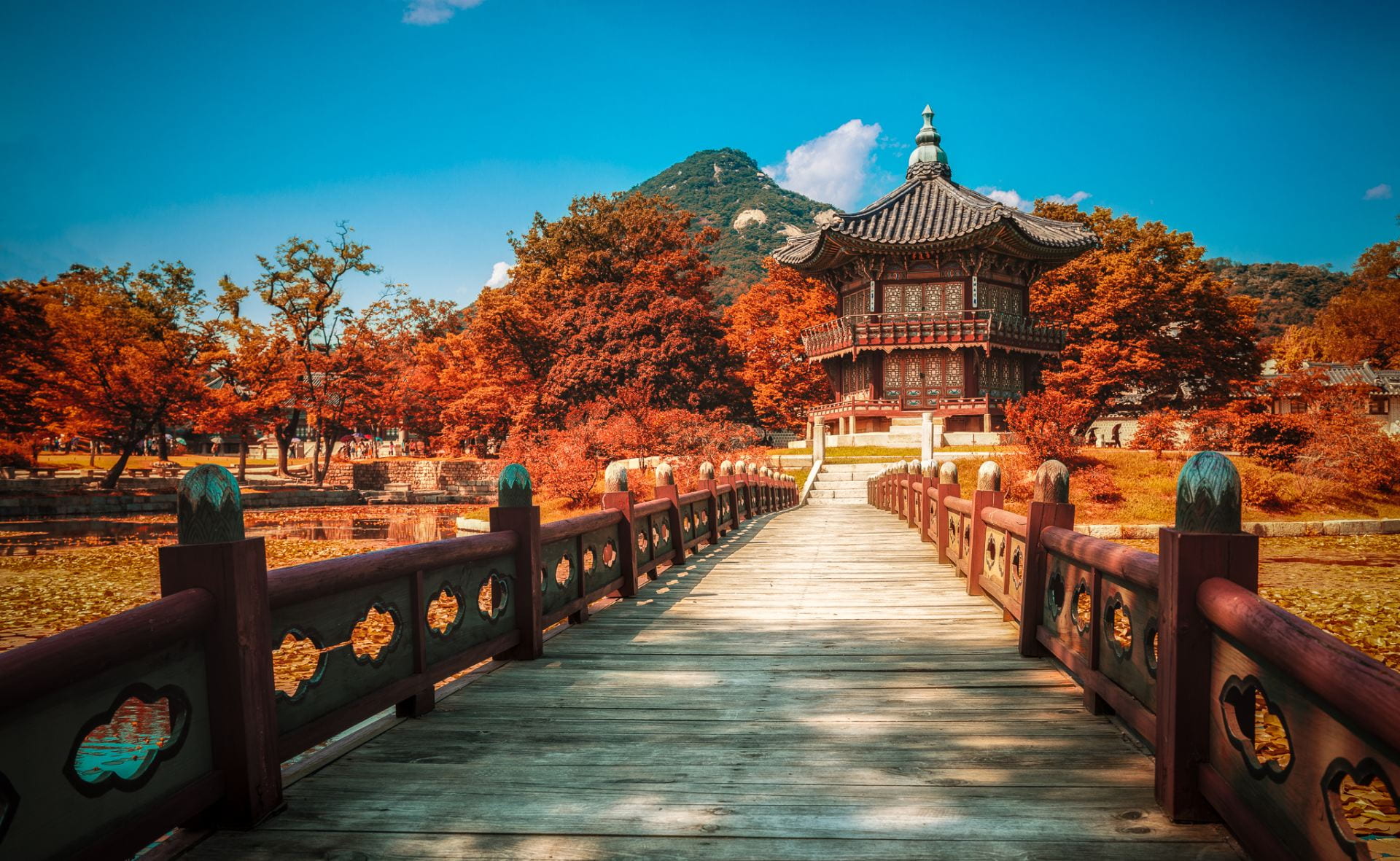
Yonhap News Agency
Yonhap News is South Korea’s leading news agency. It delivers domestic and overseas news in real time. The organization has more than 600 journalists — the largest number among South Korean media companies — that are dedicated to producing fair and balanced news on a broad range of topics.

The Korea JoongAng Daily
The Korea JoongAng Daily is an English-language daily published by the JoongAng Group, Korea’s leading media group, in association with The New York Times. It was the only Korean news media to be chosen as the official English newspaper of the 2018 PyeongChang Winter Olympics and Paralympics.
Lesson Plans And Activity Ideas
Below are websites that provide lesson plans and fun activity ideas on Korea-related topics separated by appropriate grades. Please click the individual hyperlinks to find out more about these resources.
Elementary (PreK – Grade 5)
Middle School (Grade 6 – 8)
General Materials for Class
A Teacher’s Guide to Teaching About Korea in the U.S.
This volume contains papers and powerpoint presentations in English on Korea, which were delivered to pre-college level US educators in the Washington, DC Metropolitan area and visitors from elsewhere on two different occasions in 2016. Edited by Young-Key Kim-Renaud, Ph.D. Published by The George Washington University Institute for Korean Studies (GWIKS )
The Korea Society’s digital resources include lesson plans, publications, and podcasts. In addition to materials for educators, they present readings for the general public interested in Korea. These resources were created by alumni of our fellowship programs and Korean Studies experts around the nation.
Asia for Educators is an initiative of the Weatherhead East Asia Institute at Columbia University for students and educators at all levels. Includes chronological outlines of Korean history, central themes and key points, and lesson plans.
Expanding East Asian Studies (ExEAS)
Based at Columbia University, the ExEAS site includes detailed lesson plans, syllabi, and teaching guides on a wide range of East Asian history and literary topics. Mainly targeted toward the college-level, some of the material and activities could be adapted for high school classrooms.
The New York-based Asia Society works to promote understanding and interactions between American and Asian institutions. Their “Ask Asia” website includes activities for kids as well as lesson plans for teachers at K-12 levels.
Exchange Programs for Students
Below are some exchange programs that high school students can participate in order to gain a deeper understanding of Korean culture and language. Please click the individual hyperlinks to find out more about these resources.
Meiji South Korea Internship
Program Description:
South Korea, also known as the “Land of the Morning Calm”, has a unique culture and history that has shaped most of Asia’s countries throughout the centuries. Interning abroad in South Korea will give you a taste of the exciting life in megacities like Seoul, Busan and Incheon. Several must-see landmarks are the beautiful city views from N Seoul Tower, the Gyeongbokgung Palace and shopping in the fashion district Myeong-dong. Travel back to ancient times by wandering across the historic streets of the 600-year-old Bukchon Hanok Village.
Eligibility: 18 years+
Fees: Pricing
Scholarship: Available
LanguBridge
Program Description:
This junior Korean Summer program is open to students age 14 -18, it operates as a summer camp type of setting with a broad spectrum of culture, trips and activities and homestay with our warm hearted host families.
The language study is hosted at a local university, which provides high quality instruction, a safe and comfortable learning environment. Staying with a local host family allows students to immerse in the local language and culture, and interact with local people.
Eligibility: High School Students
Fees: Pricing
Scholarship: Available
Youth for Understanding: South Korea
Program Description:
Study in South Korea and immerse yourself in this special country and language for a school year, semester or summer. Your host family will introduce you to unique traditions while supporting you through the cultural adjustments. Experience ancient traditions while seeing first-hand why South Korea has a major impact on the world.
Eligibility: High School Students
Fees: Pricing
Scholarship: Available
Exchange Programs for Teachers
Teach In South Korea by CIEE: Council On International Educational Exchange
Connect to South Korea’s booming ESL sector and enjoy the highest level of support and preparation available. CIEE works with both private and public institutions throughout South Korea, giving you endless opportunities to travel and explore!
Institutions And Organizations
The GW Institute for Korean Studies (GWIKS)
Founded in the year 2016, the GW Institute for Korean Studies (GWIKS) is a university wide institute housed in the Elliott School of International Affairs at the George Washington University. The mission of GWIKS is to consolidate, strengthen, and grow the existing Korean studies program at GW, and more generally in the greater D.C. area and beyond.
Korea Resources at the George Washington University
The Global Resources Center (GRC)’s collection of Korea materials is being built to offer specialized research services tailored to the needs of researchers who are interested in the current affairs, politics, economy, culture, foreign relations, and the national security of Korea.
The Korean Cultural Center Washington, D.C.
The Korea Cultural Center is an open space that strives to offer the full breadth of Korean cultural experiences, including live performances, art exhibitions, film events, language programs, educational outreach, support for Taekwondo programs, and more. They also serve as a hub for communication between Korea and the United States from our location in Washington, D.C, a hub of international politics and a cultural capital of the world.
Located on Logan Circle, the Old Korean Legation building was erected in 1877 as the house of American Civil War naval hero, politician, and diplomat Seth Ledyard Phelps (1824–1885). The Old Korean Legation building was a cradle for the Korea-U.S. friendship born out of the dedicated diplomatic efforts of King Gojong (r. 1863–1907), and a symbol of the drive for independence among Korean residents in the United States who gathered there to reaffirm their determination to recover the sovereignty of their motherland.
Korea Economic Institute of America (KEI)
KEI is the premier U.S. think tank and public outreach organization solely dedicated to helping Americans understand the breadth and importance of our relations with the Republic of Korea. Through its publications, social media, programs, and public events, KEI seeks to advance scholarship and understanding of Korea in ways that will inform policy-makers and the American public of the security, economic, and political implications of our connections to the Korean Peninsula.
Center for Strategic & International Studies (CSIS)
The Center for Strategic and International Studies (CSIS) is a bipartisan, nonprofit policy research organization dedicated to advancing practical ideas to address the world’s greatest challenges.
The Brookings Institution is a nonprofit public policy organization based in Washington, DC. Our mission is to conduct in-depth research that leads to new ideas for solving problems facing society at the local, national and global level.
The Wilson Center, chartered by Congress in 1968 as the official memorial to President Woodrow Wilson, is the nation’s key non-partisan policy forum for tackling global issues through independent research and open dialogue to inform actionable ideas for the policy community.
The National Bureau of Asian Research (NBR)
Our mission is to conduct advanced independent research on strategic, political, economic, globalization, health, and energy issues affecting U.S. relations with Asia. Drawing upon an extensive network of the world’s leading specialists and leveraging the latest technology, NBR bridges the academic, business, and policy arenas.
The National Committee on North Korea
The National Committee on North Korea is a non-governmental organization of persons with significant expertise in and diverse perspectives on the Democratic People’s Republic of Korea. NCNK is dedicated to fostering mutual understanding and trust between the governments and peoples of the U.S. and DPRK, facilitating engagement and cooperation, reducing tension, and promoting peace on the Korean Peninsula through education, information-sharing, and relationship-building.
The Committee for Human Rights in North Korea (HRNK)
In October of 2001, a distinguished group of foreign policy and human rights specialists launched the Committee for Human Rights in North Korea (HRNK) to promote human rights in North Korea. The Committee’s research and publication activities focus on how the North Korean totalitarian regime abuses the rights of its citizens, its vast system of political prisons and labor camps, the regime’s denial of equal access to food and goods, and the plight of refugees fleeing to China.
Established by the U.S. Congress in 1960, the Center serves as a resource for information and analysis on critical issues of common concern, bringing people together to exchange views, build expertise, and develop policy options. The Center is an independent, public, nonprofit organization with funding from the U.S. government, and additional support provided by private agencies, individuals, foundations, corporations, and governments in the region.
The U.S.-Korea Business Council
The U.S.-Korea Business Council (USKBC) is the premier business advocacy organization representing America’s top companies engaged with Korea. It is made up of senior-level executives of U.S. companies from every business sector that are major investors in Korea and are actively committed to the Korean market.
The Carnegie Endowment for International Peace
In an increasingly crowded, chaotic, and contested world and marketplace of ideas, the Carnegie Endowment – a global think tank with offices in Belgium, China, India, Lebanon, Russia, and Washington, D.C. – offers decision makers global, independent, and strategic insight and innovative ideas that advance international peace.
The United States Institute of Peace (USIP)
The United States Institute of Peace is a national, nonpartisan, independent institute, founded by Congress and dedicated to the proposition that a world without violent conflict is possible, practical, and essential for U.S. and global security.
The mission of The Heritage Foundation is to formulate and promote conservative public policies based on the principles of free enterprise, limited government, individual freedom, traditional American values, and a strong national defense.
The Center for a New America Security (CNAS)
The Center for a New American Security (CNAS) is an independent, bipartisan, nonprofit organization that develops strong, pragmatic, and principled national security and defense policies. As a part of their Indo-Pacific Security Program, CNAS offers research on U.S. engagement with North Korea.
Annual Events in the DMV Area
The KORUS Festival - September
The KORUS Festival, one of Greater Washington DC’s premier community events. A celebration of the Korean American way of life, Korean heritage & culture, and the beauty of America’s diversity. The event features modern and traditional music and cultural performances, demonstrations, Korean cuisine, and much more.
Korean Festival - September
The Korean Society of Maryland was founded in 1972 by John JongUn Chang to serve Korean-born and Korean Americans. The festival highlights Korean arts, music, dance and culture.
Compiled by NRC Curriculum Developers, Shruthi Shree Nagarajan and Aika Okishige

EAST ASIA NATIONAL RESOURCE CENTER
Join Our Mailing List
Receive news and updates about EANRC events.
